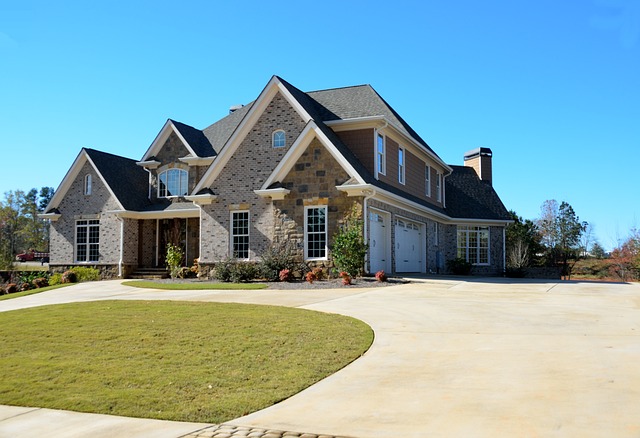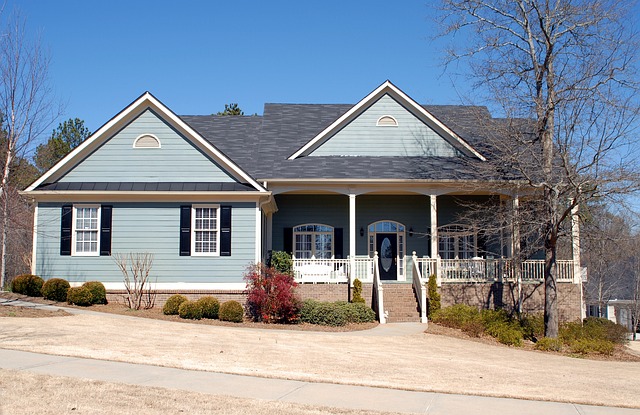The ABSD Singapore Second Property Policy is a regulatory framework guiding non-residents' real estate investments, ensuring fairness and promoting foreign capital inflows. This market offers significant opportunities with Singapore's thriving economy and housing demand, allowing investors to diversify their portfolios. The application process for Absd Singapore 2nd Property ownership involves citizens/permanent residents demonstrating their primary residence intent and providing relevant documentation via government portals. Key considerations for investors include location, property type, and financial planning to maximize benefits in this lucrative sector.
In Singapore, the Additional Budget for Second Homes (ABSD) policy aims to regulate and manage the ownership of second properties. This article provides a comprehensive guide to understanding and navigating the key regulations surrounding the ABSD for your 2nd property in Singapore.
We’ll break down eligibility criteria, outline essential rules, and detail the application process, ensuring you’re well-informed every step of the way.
- Understanding the Second Property Policy in Singapore
- Eligibility Criteria for ABSD (Additional Budget for Second Home)
- Key Regulations and Rules to Consider
- Application Process and Required Documentation
Understanding the Second Property Policy in Singapore
In Singapore, the Second Property Policy under the Administrative and Financial Services Department (ABSD) is a crucial regulatory framework designed to manage non-residents’ purchases of real estate. This policy aims to ensure fair practices in the property market while facilitating foreign investment. Understanding this policy is essential for both potential investors and local authorities alike. Non-resident individuals or entities looking to acquire a second property in Singapore must adhere to specific guidelines, which include eligibility criteria, transaction processes, and reporting obligations.
The ABSD Second Property Policy covers various aspects, such as the definition of a second property, permit requirements, and restrictions on certain types of properties. It also outlines procedures for application, approval, and monitoring to maintain transparency and prevent market distortions. By comprehending these regulations, foreign investors can navigate the process smoothly while contributing positively to Singapore’s diverse real estate landscape.
Eligibility Criteria for ABSD (Additional Budget for Second Home)
Key Regulations and Rules to Consider
Application Process and Required Documentation
The application process for an ABSD (Additional Benefits for Second Property) in Singapore is designed to ensure fair and transparent access to this benefit, which is intended to encourage responsible property investment. Applicants must first meet several eligibility criteria, including being a Singapore Citizen or Permanent Resident and intending to use the second property as their primary residence. The application is typically submitted through the relevant government portals with supporting documents such as identity cards, income statements, and proof of residential address for both properties.
Required documentation includes detailed information about the second property like its location, type (condo, HDB flat, etc.), purchase price, and mortgage details. Additionally, applicants must provide a clear indication of their financial capacity to manage two properties, including stable employment or retirement income. The process involves careful verification of these documents by the relevant authorities to ensure compliance with regulations governing second property ownership in Singapore.
Understanding the regulations around the ABSD Singapore 2nd Property is essential for anyone looking to invest in a second home. By grasping the eligibility criteria, key regulations, and application process, you can navigate this policy effectively. This knowledge ensures that your investment journey is smooth and compliant with local laws, making it a smart step towards securing your desired property in Singapore’s competitive market.



